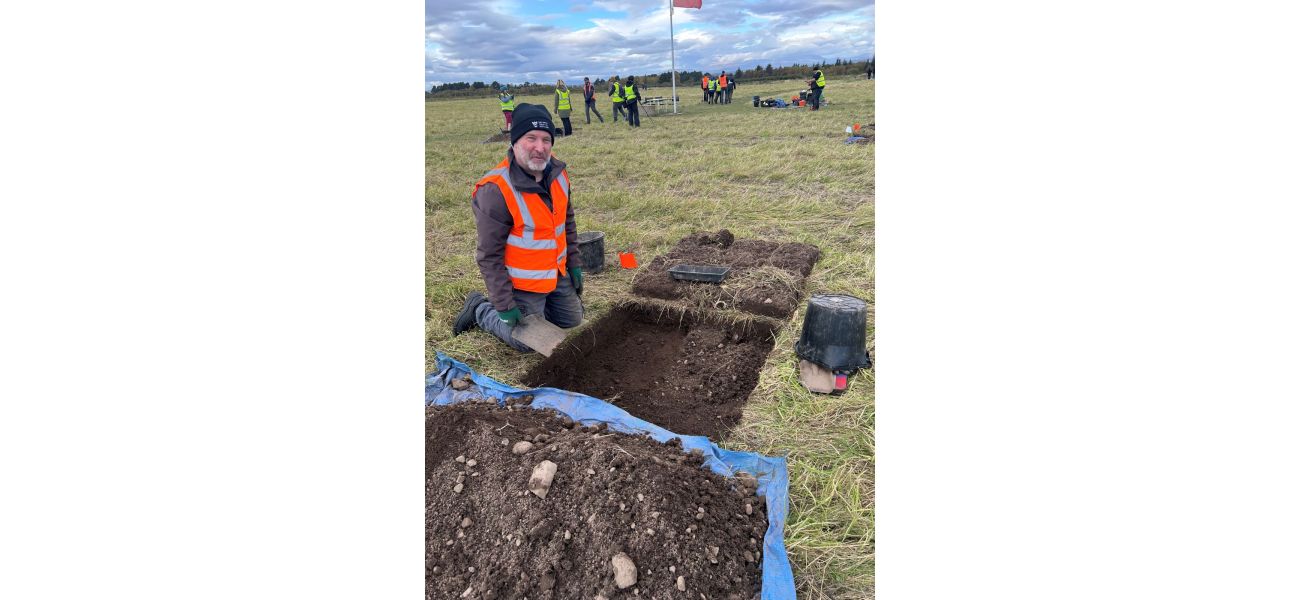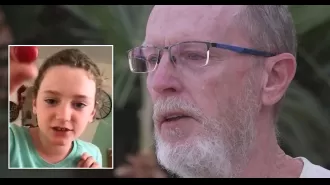Waterloo excavation methods could reveal untold tales at Culloden Battlefield.
Archaeologists are excavating at Culloden Battlefield in hopes of uncovering new secrets, inspired by techniques used at the Battlefield of Waterloo.
October 17th 2024.

A team of archaeologists, led by the National Trust for Scotland, is embarking on a new excavation project at the Culloden Battlefield. This historic site was the location of the final battle of the Jacobite Rising in 1746. With hopes of uncovering new secrets and historical insights, the team is turning to techniques previously used at the Battlefield of Waterloo.
One specific area of focus will be the Field of the English, where metal detecting will be utilized. This method has proven successful during the excavation at Waterloo and archaeologist Gary Craig, who has been leading the detecting team for charity Waterloo Uncovered since 2015, will be joining the project. In addition, Professor Tony Pollard, an expert in Conflict History and Archaeology at the University of Glasgow, will also be lending his expertise. He was instrumental in developing the techniques used at Waterloo and is excited to apply them at Culloden.
Derek Alexander, Head of Archaeological Services at NTS, expressed his enthusiasm for the project, stating that it is always thrilling to work at Culloden Battlefield and uncover artifacts that have stories to tell. He also emphasized the importance of even small-scale pieces of fieldwork in gaining a better understanding of the battle.
Volunteers and archaeologists from all over the world have joined the excavation, eager to support the team in their search for new discoveries. And their efforts have already yielded results. On the first day of the dig, a button was found, along with a possible heel plate from a piece of footwear. These are just the latest in a series of finds at the site, which have included a shoe buckle believed to have belonged to Donald Cameron of Lochiel.
Professor Pollard, who previously worked on the archaeology of Culloden nearly 20 years ago, is thrilled to be back and participating in the project. He recalls the spectacular discoveries made during his previous work with metal detectors and is excited to see them on display at the visitor center. He also looks forward to applying more recent techniques developed at Waterloo, which have greatly contributed to our understanding of that battle.
It is important to note that Culloden Battlefield is a designated war grave and the excavation must be approached with great care and respect for the site's solemn history. The team is dedicated to conducting their work in a responsible manner and preserving the integrity of the site. To stay updated on this project and other news stories, be sure to subscribe to Scottish Field and read the latest issue.
One specific area of focus will be the Field of the English, where metal detecting will be utilized. This method has proven successful during the excavation at Waterloo and archaeologist Gary Craig, who has been leading the detecting team for charity Waterloo Uncovered since 2015, will be joining the project. In addition, Professor Tony Pollard, an expert in Conflict History and Archaeology at the University of Glasgow, will also be lending his expertise. He was instrumental in developing the techniques used at Waterloo and is excited to apply them at Culloden.
Derek Alexander, Head of Archaeological Services at NTS, expressed his enthusiasm for the project, stating that it is always thrilling to work at Culloden Battlefield and uncover artifacts that have stories to tell. He also emphasized the importance of even small-scale pieces of fieldwork in gaining a better understanding of the battle.
Volunteers and archaeologists from all over the world have joined the excavation, eager to support the team in their search for new discoveries. And their efforts have already yielded results. On the first day of the dig, a button was found, along with a possible heel plate from a piece of footwear. These are just the latest in a series of finds at the site, which have included a shoe buckle believed to have belonged to Donald Cameron of Lochiel.
Professor Pollard, who previously worked on the archaeology of Culloden nearly 20 years ago, is thrilled to be back and participating in the project. He recalls the spectacular discoveries made during his previous work with metal detectors and is excited to see them on display at the visitor center. He also looks forward to applying more recent techniques developed at Waterloo, which have greatly contributed to our understanding of that battle.
It is important to note that Culloden Battlefield is a designated war grave and the excavation must be approached with great care and respect for the site's solemn history. The team is dedicated to conducting their work in a responsible manner and preserving the integrity of the site. To stay updated on this project and other news stories, be sure to subscribe to Scottish Field and read the latest issue.
[This article has been trending online recently and has been generated with AI. Your feed is customized.]
[Generative AI is experimental.]
0
0
Submit Comment





